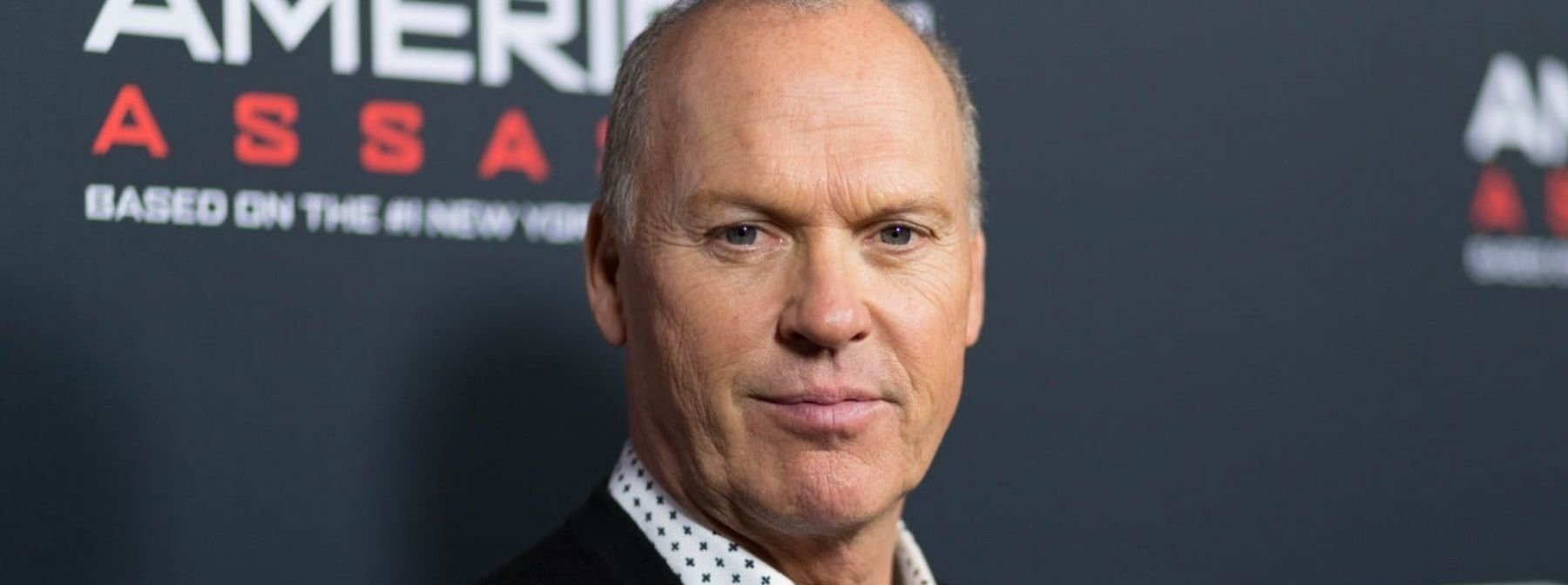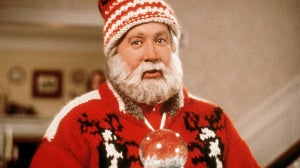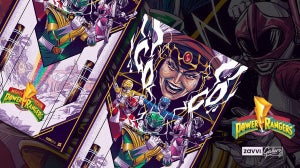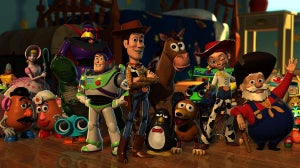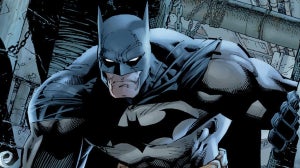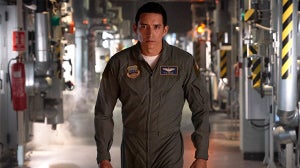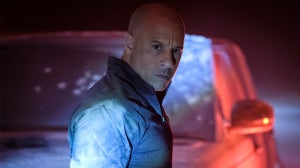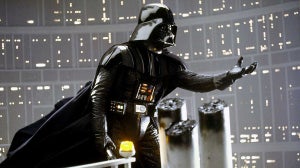
Michael Keaton is one of Hollywood’s greatest actors, a legendary talent who is equally at ease in a dramatic ensemble as he is leading a comedy or comic book blockbuster.
And yet, looking back through his career, it’s clear that he still remains underappreciated in spite of his iconic status - an actor who has had to continuously fight for his chance to shine, even though he more than proves himself every time he takes his career in a new direction.
For many, he’s top of the list of actors who urgently need an Academy Award, but this is just the tip of the iceberg for the ways in which his qualities as a performer are often taken for granted.
As he celebrates his 70th birthday this weekend (Sunday 5th September), he’s more than settled into a status as Hollywood’s greatest underdog, who we’re always rooting for.
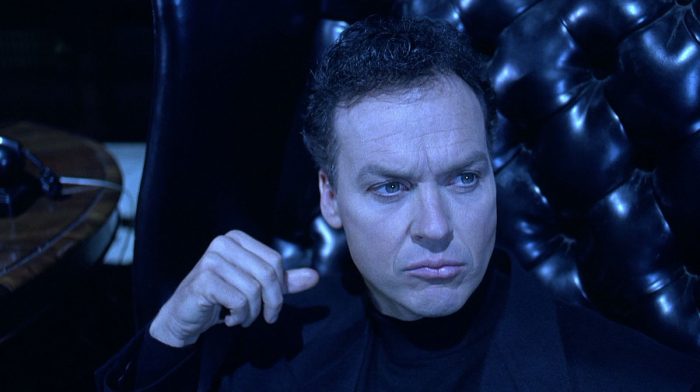
Keaton made his big screen debut in the early 1980s, pivoting from a less-than-successful attempt at forging a career in LA’s stand-up scene.
His breakout came in Ron Howard’s 1982 comedy Night Shift, starring as Henry Winkler’s business partner in a movie where two guys decide to open a brothel in a morgue - a film that, as distasteful as it sounds now, garnered widespread acclaim, with critics singling out Keaton for praise.
Watching clips from it now, it’s easy to see why, as it effectively establishes the actor’s unusual comic persona: the loose canon who disguises himself as a grounded everyman.
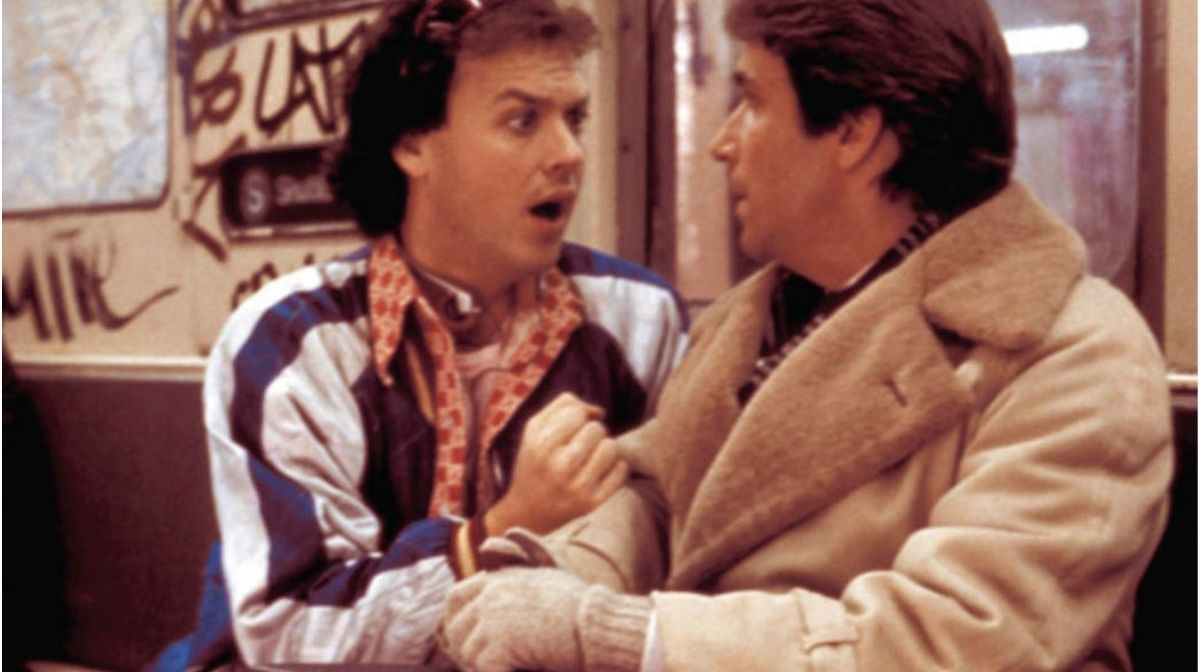
The best point of comparison during this era would be Bill Murray, but Keaton cuts a far more approachable figure - something particularly impressive considering they share the same dry wit.
Even the critics who didn’t like the film agreed this was a star in the making. The late Gene Siskel wrote in his review that he “would now pay to see Keaton in just about anything, anything except Night Shift."
However, after this first big break, Keaton didn’t want to be pigeonholed as the eccentric, outrageous comic actor. It was later revealed that he turned down the opportunity to work with Ron Howard again after being offered the lead role in Splash, for fears the comic dynamic between the two male leads was too similar to what they'd made already.
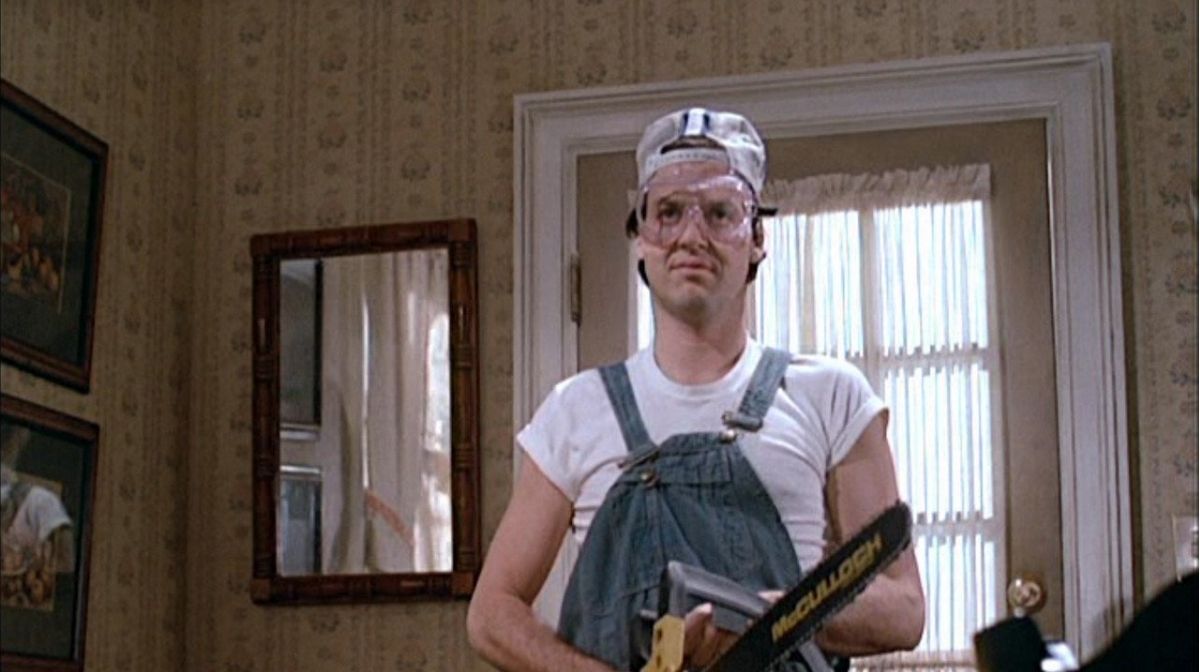
Instead, he pivoted in the other direction, taking the lead role in Mr. Mom, a well meaning but even then outdated film where he played a new stay at home dad learning just how difficult the job of full time parenthood could be. It was a smash hit, and was responsible for putting its screenwriter John Hughes on the map.
More notably, it showed that Keaton was even more endearing as the put-upon everyman, already adding depth to a comic persona audiences had only just started getting familiar with.
From here, Keaton was eager to make the transition into drama - but even when pigeonholed as a comedic leading man, his roles were so eclectic that, when watched now, they never feel like he’s leaning into any specific type.
Most of these films have faded into obscurity, with some (such as 1986’s action comedy The Squeeze) being notorious flops that briefly threatened his A-lister status. Meanwhile, his dream of becoming a dramatic lead hit some initial bumps in the road too.
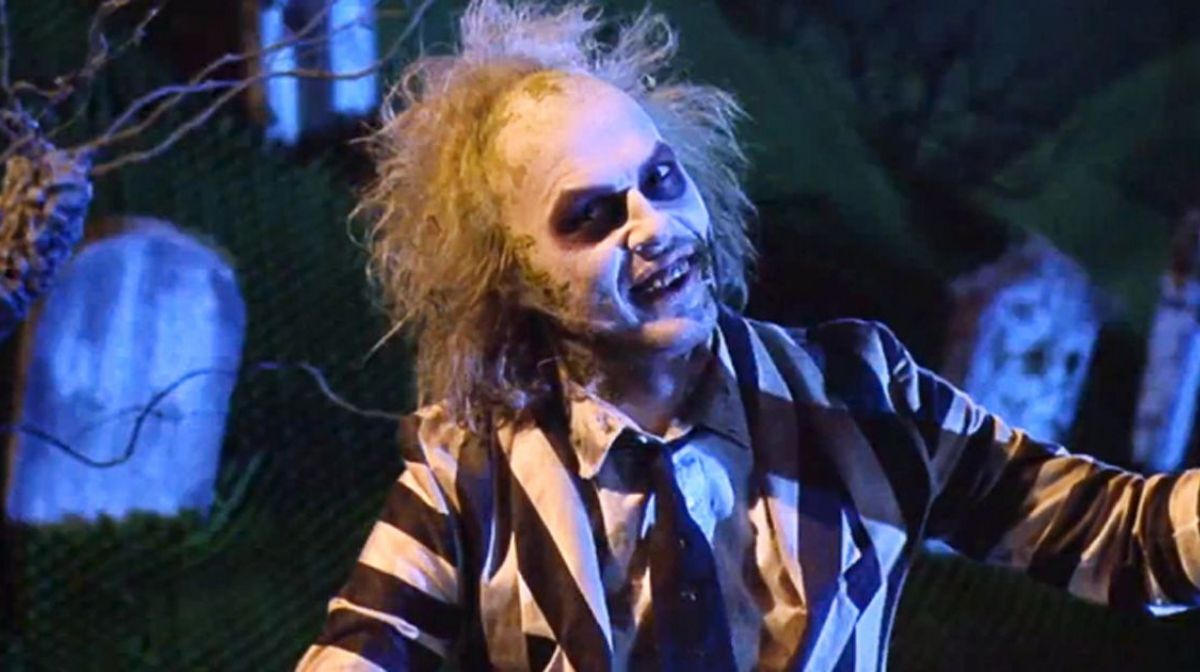
His first dramatic leading role, in Touch And Go, was shelved for two years before being dumped, and he was fired by Woody Allen from the lead role in The Purple Rose Of Cairo after a week of filming for being “too modern” for the period piece to work.
His fortunes as a dramatic lead were, somewhat unexpectedly, reversed by Tim Burton hiring him for his most manic comedy performance to date, as the repulsive and eternally horny demon Betelgeuse in his 1988 horror comedy of (almost) the same name.
Burton wasn’t familiar with Keaton’s work prior to casting him, and was able to look past the ways Hollywood was pigeonholing the actor as a specific type of comic lead. The success of the pair’s collaboration made Keaton the logical choice for Burton to cast as his Bruce Wayne a year later.
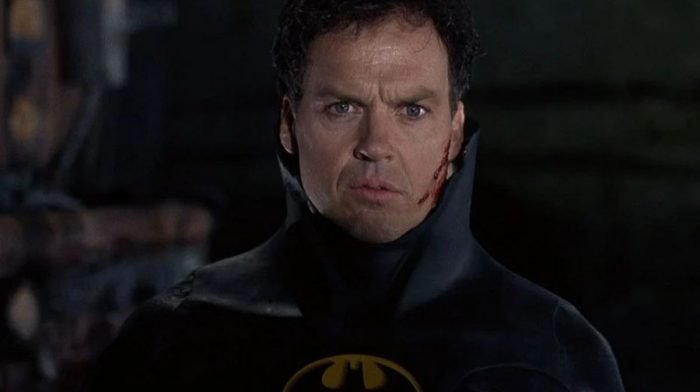
Just as he had his biggest Hollywood success to date, Keaton was once again the underdog, with Warner Bros. receiving thousands of complaints from fans claiming he was the wrong choice for the role.
Of course, he proved them wrong - even to this day, many will attest that he’s the best Batman, and that’s largely because it unexpectedly gave him his meatiest dramatic role yet.
This iteration of Bruce Wayne was a more broken, lonely figure than any previous screen adaptation, awkward and increasingly emotionally withdrawn when he was out of the suit, only finding a sense of purpose when he sees the Bat-Signal above Gotham.
Unlike in later versions, his trauma is largely unspoken and renders him a shell of a man, with Keaton’s performance all the more impactful because of it.
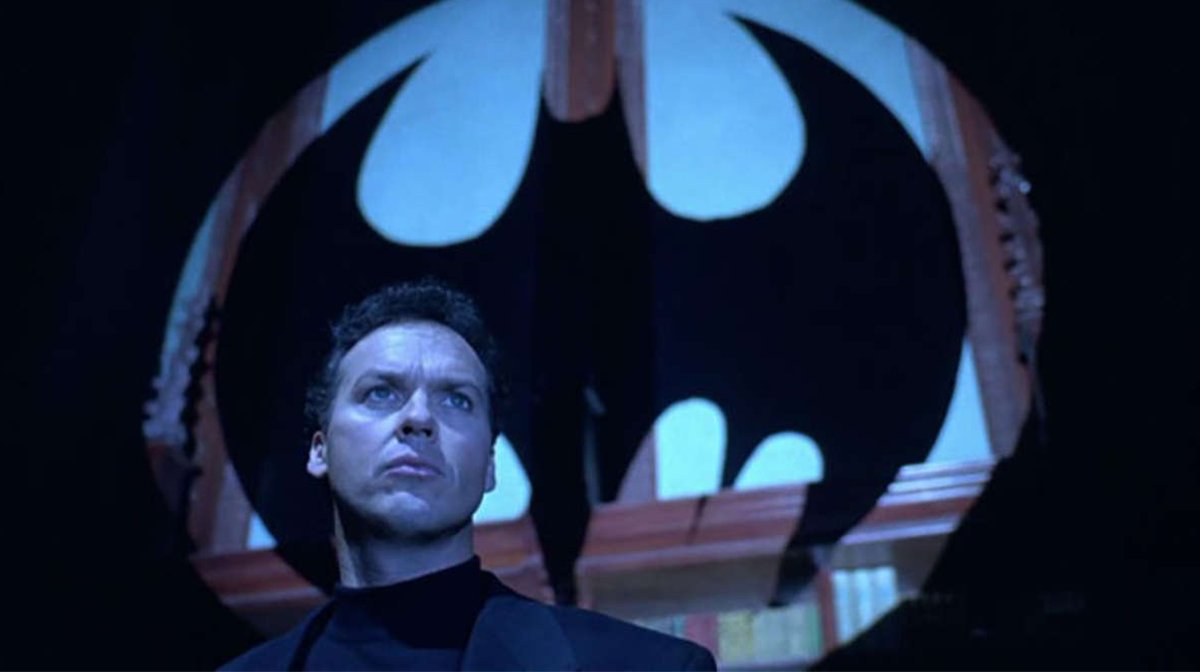
In both of Burton’s Batman films, the titular hero often feels like a supporting player next to the more eccentric villains, another reason why it might be easy to undervalue what Keaton brought to them.
The years that followed saw Keaton increasingly move away from leading roles, although he still managed to steal scenes in supporting parts in films ranging from Tarantino’s Jackie Brown to the Will Ferrell comedy The Other Guys.
His ascendancy to iconic status was sealed with a “comeback” role in the Best Picture winning Birdman, a satire of celebrity narcissism that relied on Keaton subverting his everyman likeability as much as possible.
Keaton’s chameleonic qualities as a comic actor meant that this aspect largely went overlooked. Even as the film around him was an Oscar success, he remained the award losing underdog despite being the reason the movie worked so well.
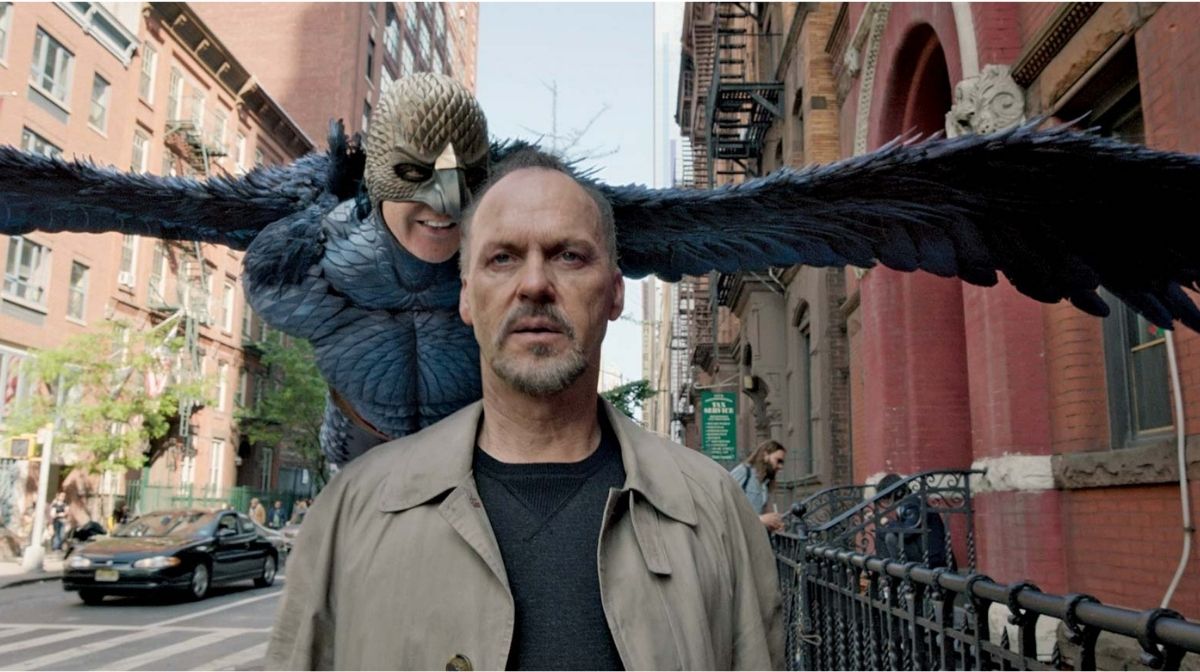
Whereas many of his peers have settled into their legendary status, Keaton turns 70 as one of Hollywood’s most reliable, yet underappreciated, dramatic performers.
Roles in films like Spotlight and Netflix’s recently released Worth show how he’s the perfect anchor for any ensemble, skillfully using his everyman persona to further ground the harrowing biographical drama, while memorable turns in blockbusters like Spider-Man: Homecoming show he’s still a dynamic screen presence when he needs to be.
It’s time we all stop taking his talents for granted.
Shop our collection of Michael Keaton movies here.
For all things pop culture and the latest news, follow us on Instagram, Twitter, Facebook and TikTok.

